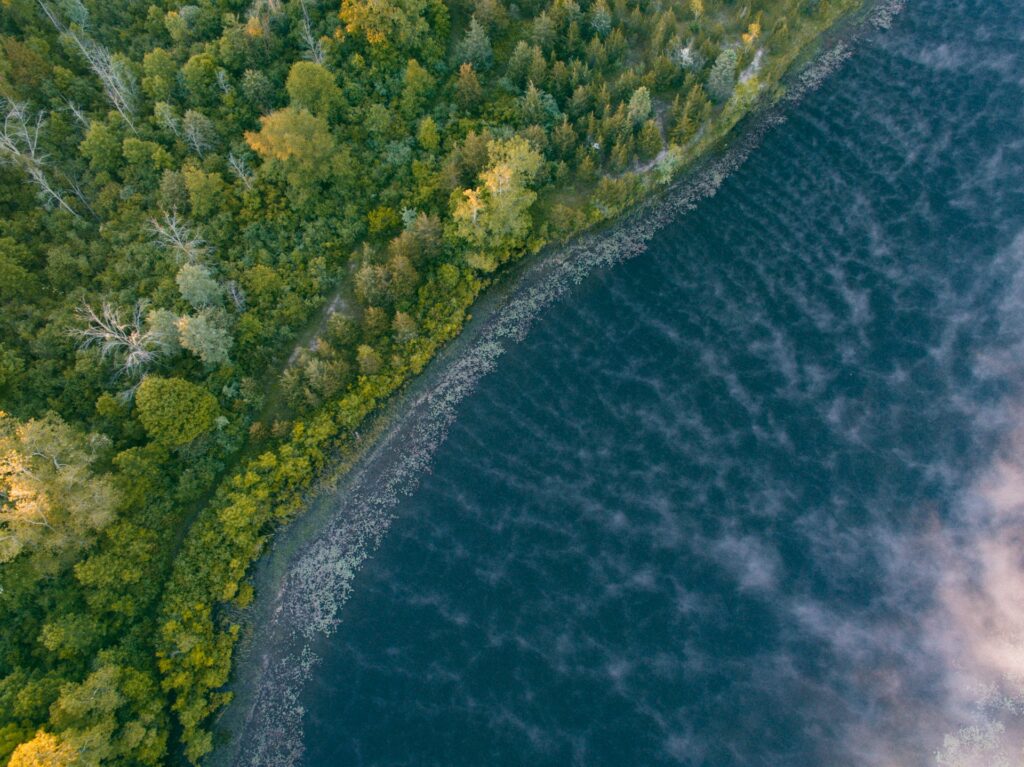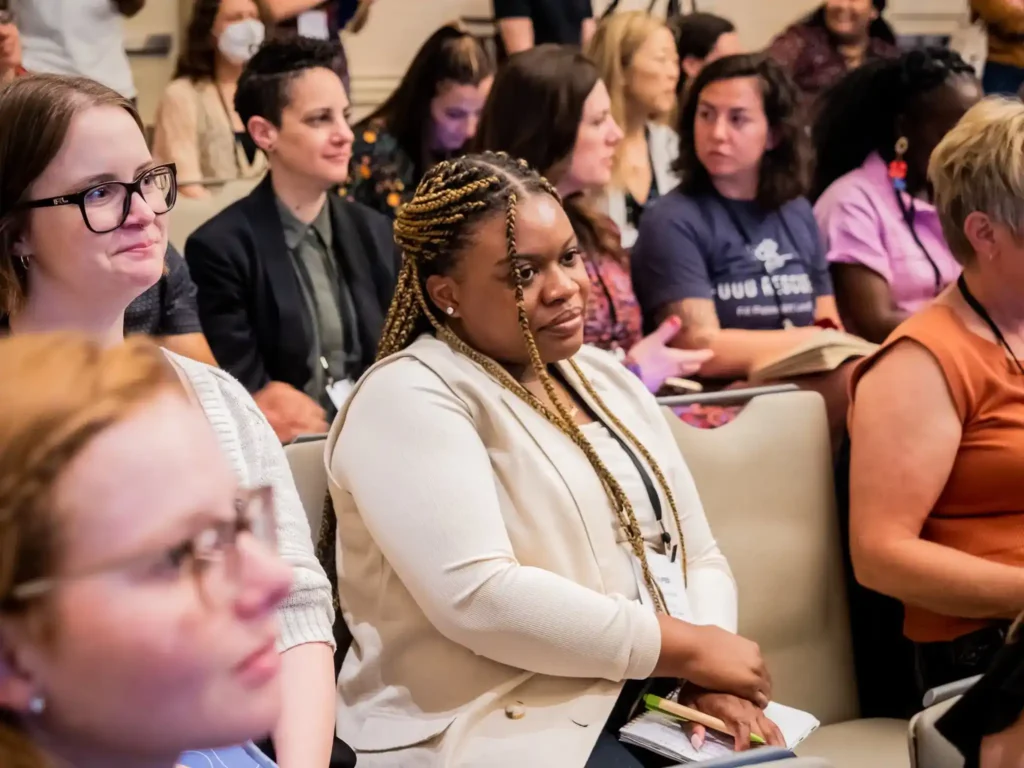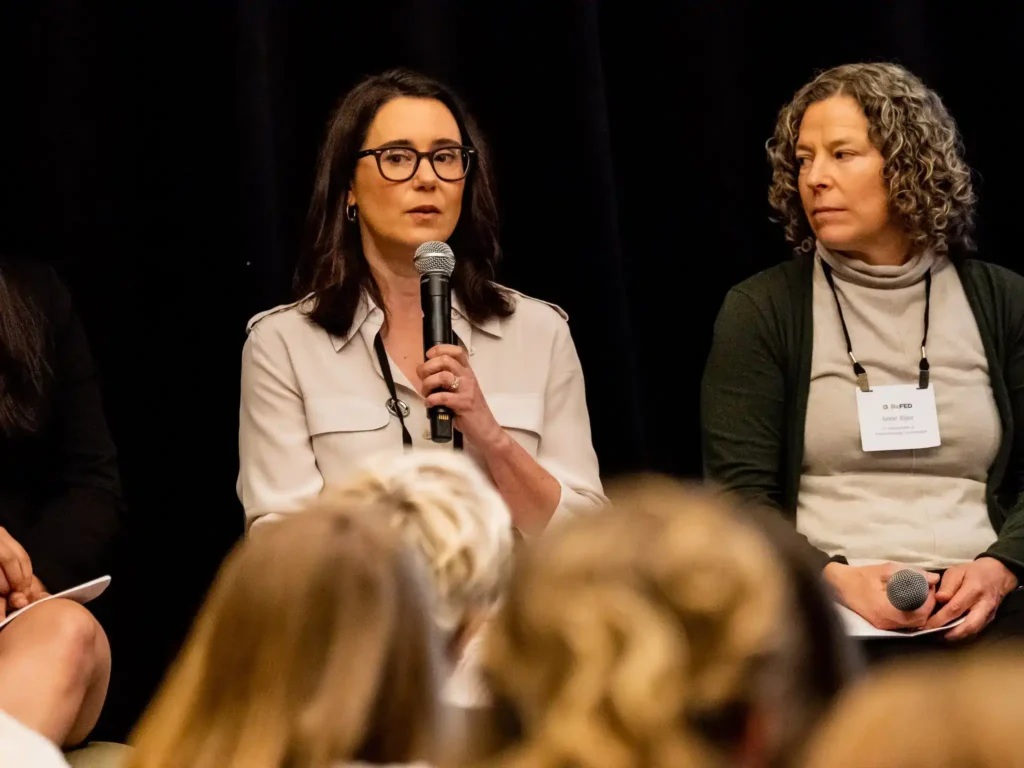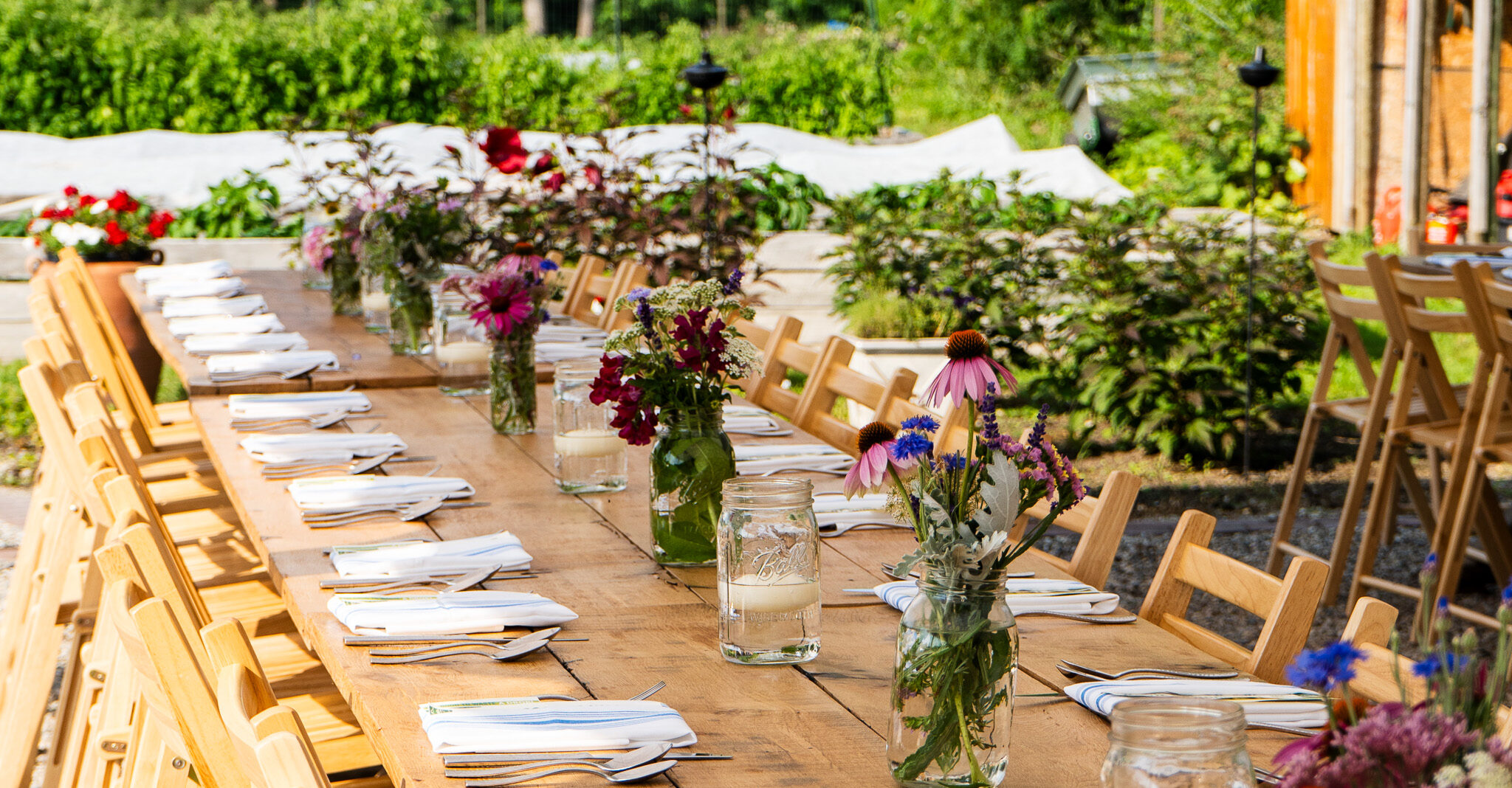Last week, I was at a major national conference in Detroit. Thousands of people came in from all over the country. It was the kind of event that buzzes with energy, full of hallway conversations, breakout sessions, and big ideas that make you believe change is possible. It’s also the kind of event where someone inevitably comes up to me and says, “I’ve never been to Detroit before. I had no idea it was like this.”
I love those moments. There’s something really satisfying about watching someone fall for Detroit for the first time. They’re excited about the food, fascinated by the architecture, and moved by the sense of community. And almost always, they say that they didn’t expect to love it here.
But this time was different. Canadian wildfires meant that our sky was a smokey haze that made everything feel heavy and sticky. The air quality was terrible for anyone with asthma or any respiratory issue. It was most definitely not a time to be outside, and not a time for us to show off to outsiders.
And this isn’t a one-off. It’s becoming a pattern. Wildfires used to be a thing you associated with California, maybe parts of the Pacific Northwest. Now they’re closer to home. And they’re more frequent, more intense, and their impact reaches hundreds and thousands of miles away.
Which brings me to a question I can’t stop thinking about:
If we know that landfilling food is one of the leading contributors to extreme weather, and if we know that decomposing food is a top source of methane, then why are we still throwing food in the garbage?
It’s not because wasting food is cheaper. It’s not. Buying less and eating more of what you already have actually saves you money. The average person in the U.S. throws away close to $1,000 worth of edible food every year. It’s that container of strawberries you forgot in the back of the fridge. It’s the takeout you ordered instead of eating the leftovers you already had. It’s not a budgeting issue. It’s a behavioral one.
The truth is, we waste food because we can. Because the systems around us allow it. There’s no running total at the grocery store checkout reminding us of how much we’ve wasted this year. There’s no grandmother shaking her head and reminding us there are hungry people in the world. And there’s no visual cue linking that moldy bag of lettuce in the trash to the smoky haze in the sky.
But they are linked. Every time we throw away edible food, we send it to a landfill where it breaks down without oxygen and releases methane into the atmosphere. That methane doesn’t just sit there—it traps heat. It accelerates warming. And warming drives the wildfires. This isn’t abstract science—it’s a chain reaction that’s happening in real time, with real consequences.
So for the love of Detroit and the Michigan outdoors, for tourists, and for our poor leaky basements, please help stop food from ending up in the trash. Talk about it. Teach others. Look in your fridge. Make a plan. Eat what you buy. Help your friends and family do the same.
If you need a place to start, we’ve got plenty of easy tips and guides on our website. And if you want to go even further, we’re here to help. Drop us a line.
This is one of the simplest, most immediate actions we can take to protect our outdoors. You have the chance to change things.






